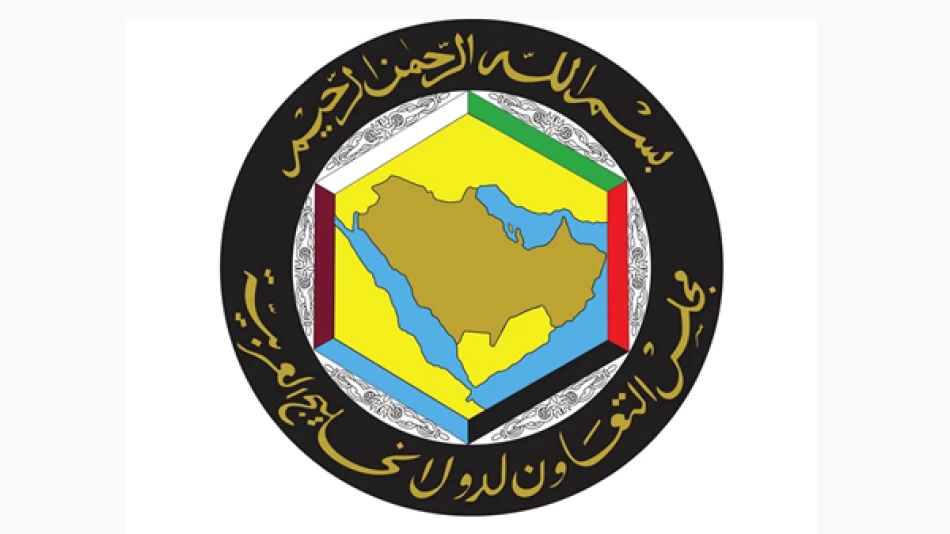
Gulf Cyber Security Committee Adopts 2024-2028 Joint Strategy Implementation Plan
Gulf States Launch Unified Cybersecurity Strategy as Digital Threats Surge Across the Region
The Gulf Cooperation Council has approved a comprehensive four-year cybersecurity implementation plan, marking the most ambitious regional digital defense initiative to date. The move comes as Gulf states face escalating cyber threats targeting their critical infrastructure, financial systems, and rapidly expanding digital economies worth hundreds of billions of dollars.
Strategic Framework Takes Shape
During the fourth meeting of the GCC's Ministerial Committee for Cybersecurity held in Kuwait on Monday, officials from all six member states endorsed the executive plan for the Gulf Cybersecurity Strategy covering 2024-2028. The gathering brought together heads of cybersecurity agencies from Saudi Arabia, UAE, Qatar, Kuwait, Bahrain, and Oman, alongside GCC Secretariat representatives.
The committee approved several key mechanisms, including an international cooperation framework and governance protocols for a shared cyber threat intelligence platform. Officials also greenlit the "Gulf Cyber" podcast initiative, signaling efforts to raise public awareness about digital security challenges.
Why This Matters Now
Economic Vulnerability at Scale
The timing reflects urgent economic realities. Gulf states have collectively invested over $200 billion in digital transformation projects as part of their diversification strategies away from oil dependence. Saudi Arabia's NEOM megacity, UAE's smart city initiatives, and Qatar's World Cup digital infrastructure have created vast new attack surfaces that require coordinated protection.
Geopolitical Cyber Landscape
The region faces sophisticated threat actors, with state-sponsored groups increasingly targeting Gulf energy infrastructure and financial systems. Recent attacks on Saudi Aramco facilities and UAE port operations demonstrate how cyber incidents can disrupt global supply chains and energy markets.
Operational Components
The strategy emphasizes practical collaboration through continued joint cybersecurity exercises designed to enhance readiness and knowledge sharing. This mirrors successful models from NATO's cyber defense exercises and the EU's coordinated response mechanisms, but tailored to Gulf-specific threats and infrastructure.
The approved threat intelligence sharing platform represents a significant step toward real-time regional cyber situational awareness. Similar initiatives in other regions, such as the US Department of Homeland Security's information sharing programs, have proven effective in reducing response times during major incidents.
Market and Investment Implications
For investors and businesses operating in the Gulf, this unified approach should reduce compliance complexity and create standardized security requirements across borders. The framework likely signals increased government spending on cybersecurity infrastructure and services, potentially benefiting regional and international security firms.
The coordinated strategy also positions the Gulf as a more attractive destination for international businesses concerned about cyber risks, particularly as companies increasingly factor digital security into their regional expansion decisions.
Looking Ahead
Unlike fragmented approaches seen in other regions, the Gulf's unified cybersecurity framework leverages the GCC's existing institutional cooperation and shared economic interests. The success of this initiative could serve as a model for other regional blocs facing similar digital security challenges, from ASEAN to the African Union.
The four-year timeline suggests Gulf leaders recognize that building effective cyber defenses requires sustained commitment beyond typical political cycles, reflecting lessons learned from countries like Estonia and Israel that have successfully developed national cyber resilience over extended periods.
Most Viewed News

 Layla Al Mansoori
Layla Al Mansoori






